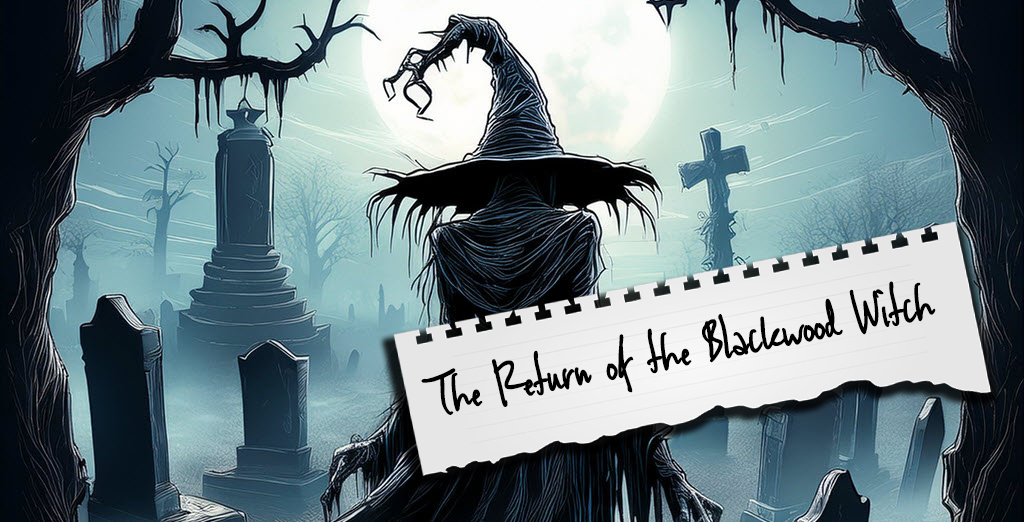
The Importance of a Positive Message in Fiction
Incorporating Themes
Fiction writers for young readers have a unique and important responsibility; they should help their readers grow. While entertaining audiences is crucial, including meaningful themes and a positive message is just as essential. Themes move a story forward and offer readers a sense of hope they can apply to their own lives.
Connecting With Young Readers
Adolescents face a whirlwind of emotional and social challenges during their formative years. They experience first crushes, find new friendships, and navigate shifting social groups. These are all moments that involve fitting in and belonging. Including relatable characters that face the same challenges reassures young readers that their feelings are not unique but universal. Whether starting at a new school, facing family changes, or navigating personal challenges, these issues can illustrate that seeking acceptance is common and finding it is always possible. Including a positive message is essential.
Including Relatable Characters
In my novel, Breckenridge Mysteries: The Return of The Blackwood Witch, all the central characters have a flaw that questions their sense of fitting in. They are characters who struggle to fit in but eventually find their place and strength with each other. A concept that can deeply resonate with young readers and be reinforced with a positive message.
- Kevin has just moved to town after his father passed away. He has left his past life behind – home, school, friends, and where his father is buried. He is awkward, introverted, and nervous about starting a new life.
- Kimmy is a loner. She has no best friend but profoundly desires to have one. Her clothing style, music tastes, and other interests set her apart. She is brilliant but does not participate as she would rather stay in the shadows than be the focus of attention.
- Ryan is short for his age. He does not enjoy sports, resulting in his being picked last or never being picked for a team in gym class. He has a fair level of anxiety and suffers from nosebleeds.
- Scott is Ryan’s friend. They have known each other since first grade. He is a little better at sports than Ryan but fakes it to boost Ryan’s confidence. Ryan has a few phobias that come to light in the story, so he is ridiculed.
- Abigail is Kevin’s little sister. She hides her sorrow of losing her father and moving to a new town very well. However, she is broken on the inside. She cares more about her mother’s and Kevin’s sorrow than her own. This causes her to miss out on things she should focus on as a child her age.
- Eddie is the school bully. His actions are not harmful in a physical sense, but he takes advantage of others and enjoys embarrassing them and putting them down. He is a loner. His mother is terminally ill and primarily bedridden, which causes great strain on his father. This home life is what causes Eddie to act the way he does.
- Mr. Ashton seeks the truth about the town’s dark historical past and has dedicated his life to his research. He feels guilt that his ancestors were involved in the persecution of innocent girls as witches. As such, many in town see him as a strange character. His lifelong obsession resulted in never marrying or having children, which has left him feeling alone and empty.
- Mrs. Winchester is Kevin and Abigail’s mother. With a broken heart as a new widow, she has uprooted her children to live in Breckenridge.
Remaining True to Oneself
These characters demonstrate the importance of perseverance and self-acceptance during their journeys. Without giving away parts of the story, the true strength already lies within each character. Finding each other gives them the sense of belonging they need, and the theme’s positive message reassures them they can succeed. While dealing with the main plot, each character is instrumental in bringing out the best in the others. Their setbacks and failures are similar and a part of real life as they progress. Each must learn to accept who they are and that their uniqueness makes them an individual –there is nothing wrong with being yourself. While positive change is good, for example, Kevin and Kimmy become more involved and outgoing, and Eddie stops bullying –remaining true to one’s individuality and embracing identity is important. In other words, we all want to improve. However, that doesn’t necessarily mean we must change who we are.
Thanks for reading!
If you’re a fellow writer, reader, or witch, I’d love to hear: What themes do you find to be important?
Here are some common themes found in literature.
Dare to subscribe to my newsletter?


You May Also Like

Why I Set My Story in 1978: A Simpler Time for Bigger Adventures
June 22, 2025
How the Salem Witch Trials Still Haunt Our Stories
May 5, 2025
